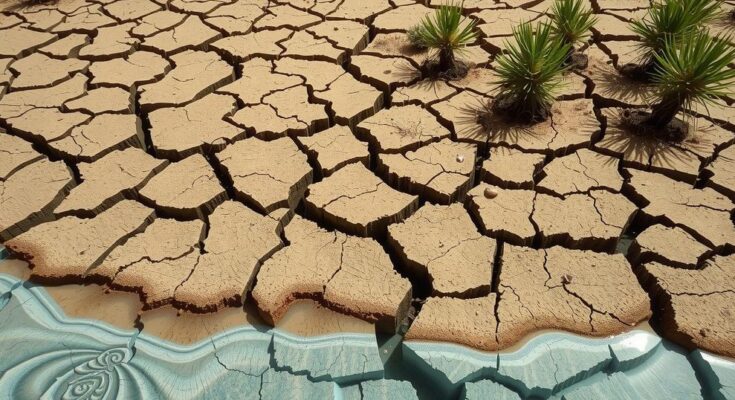A coalition of water justice organizations has attributed Nigeria’s water shortage to inadequate funding of water utilities. Their report, “Dry Taps: A Damning Verdict on the State of Water Utilities in Nigeria,” highlights the crisis in various states and calls for government accountability. Key leaders stress the urgent need for reforms to improve water access and address public health risks associated with poor water quality.
As the World Water Day 2025 approaches, a coalition of water justice organizations has pointed to inadequate funding as a primary cause of water shortages in Nigeria. The coalition calls on the Nigerian government to improve financial support for water utilities nationwide to address this pressing issue.
The report, titled “Dry Taps: A Damning Verdict on the State of Water Utilities in Nigeria,” highlights the condition of water services in various states, including Enugu, Lagos, Oyo, Kogi, Edo, and Kano. Seven organizations collaborated on this report, which aims to reveal the underlying causes of the ongoing water crisis affecting these regions.
Florence Ifeanyi-Aneke, Executive Director of New Life Community Care Initiative, emphasized the need for the report to awaken state officials to their duties, ensuring citizens have access to clean and affordable water. She stated, “What we have found is very disturbing and must not be allowed to continue if we say we are a serious nation.”
Philip Jakpor, Executive Director of Renevlyn Development Initiative, also underscored that the mismanagement of water resources rests with government neglect at both state and federal levels, which has led to insufficient funding and the privatization of water utilities.
The report’s public presentation revealed that, despite its focus on only six states, it offers insight into the broader national water access issue. AUPCTRE General Secretary, Comrade Sikiru Waheed, discussed the geographical representation within the sample states and highlighted that rural areas, housing 70% of Nigeria’s population, often depend on unreliable sources such as streams and private vendors.
The report noted contrasting developments in Enugu, where previous administrations had allocated significant funds to water network expansion, yet little progress is evident. The current administration is reportedly working on new pipelines to improve access, but continued reliance on boreholes and vendors presents risks of high costs and health concerns due to substandard water quality.
In conclusion, the coalition of water justice groups has highlighted the critical role of insufficient funding as a key factor in Nigeria’s persistent water shortages. The report underscores the necessity for government intervention and better management of water resources to ensure access to clean water for all citizens. As such, it calls for urgent reforms to protect public health and improve the living conditions of vulnerable populations throughout the nation.
Original Source: dailypost.ng




